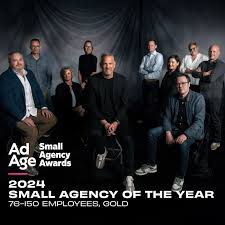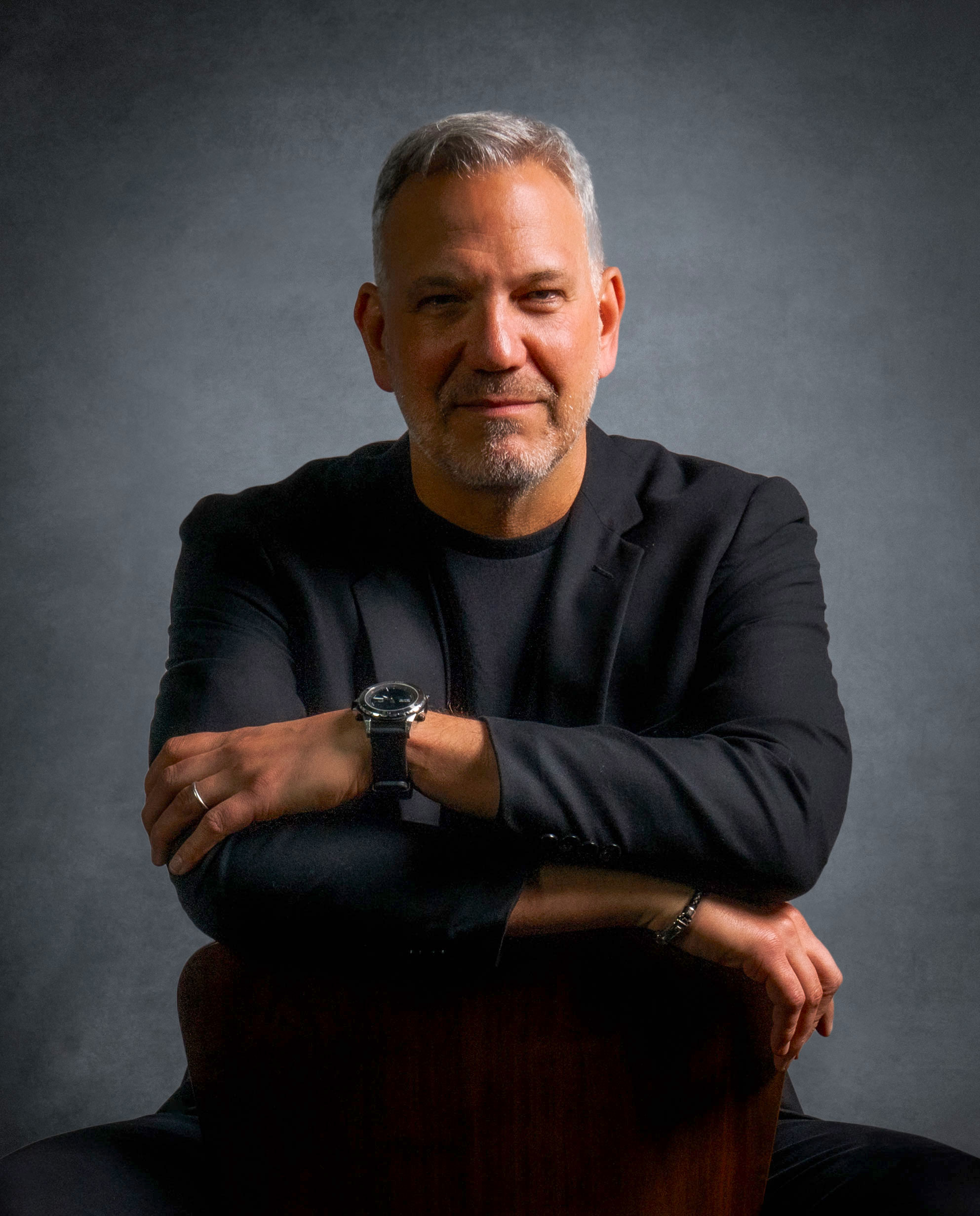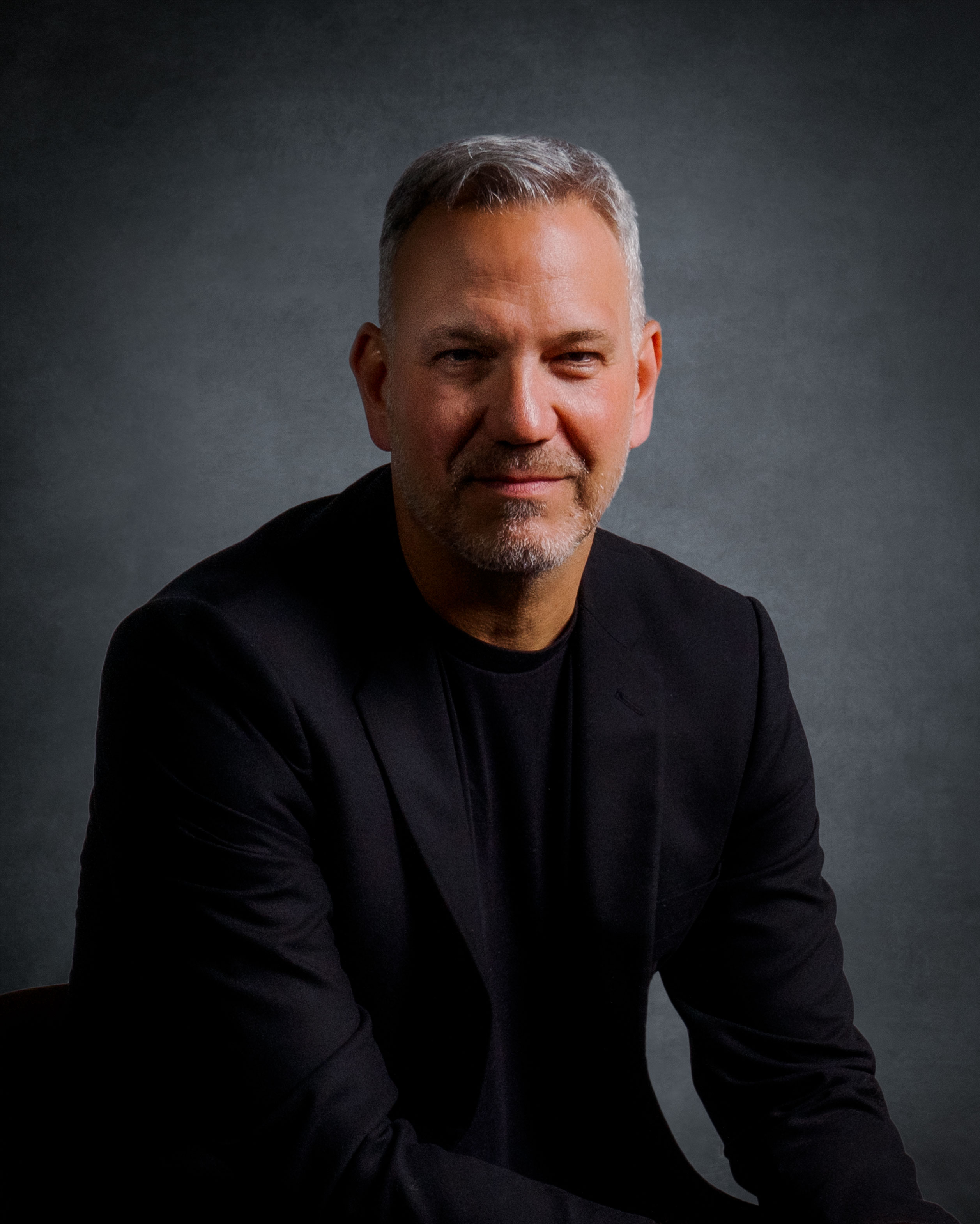Anthony Romano | Source | CEO at Laughlin Constable

Anthony Romano
Anthony - CEO of Laughlin Constable, an AdAge 2024 Small Agency of the Year, has operated at the center of creativity, data and technology for over 30 years, driving growth for some of the world’s most iconic brands like Porsche, Harley-Davidson, Samsung, Pepsi, Hershey’s, Best Buy, MasterCard, Loews Hotels, Citibank, Braun, Verizon and Ralph Lauren. He was named to Campaign’s Digital 40 Over 40 list in recognition of a career rooted in digital marketing innovation. He’s the former CEO at BBH NY, US Chief of Client Services at R/GA, when the agency earned Agency of the Year, and the former President of Wunderman Thompson’s Midwest region. Anthony graduated from NYU, where he studied marketing, communications, studio art, and played Division III basketball.
Just some of the topics of interest for Anthony to discuss or speak on include:
* The Agency-Client Relationship of The Future. The headlines often read, “What does the agency of the future look like?” But that’s only half the question. We almost never see the inverse, “What does the client of the future look like?” One of the most common phrases we hear when chatting about failed client-agency relationships is, “Clients get the agencies they deserve.” It may sound one sided, but that reality plays out consistently. Just as there’s a formula to being “a good agency”, there’s a formula for being “a good client”. Effective CMO leaders already work hard to get the most out of their own internal teams, so how can they apply that same logic to their agency partners? As someone who’s been on both sides of the client-agency equation, Anthony has developed his 7 commandments for Marketers on how to build long-standing client-agency relationships in this Connected Age.
* Personal Experience Brands. Brands are either ‘making it personal’ or the making themselves obsolete. The other words, the most relevant, modern brands today are what we call, “Personal Experience Brands” (or PXBs). Those brands do 5 things really well. They authentically stand for something bigger than what they sell. They connect to culture in truly meaningful ways. They’re human-centered with their use of data. They’re innovative in their uses of media and technology. And they’re in a constant state of experimentation. In this vein, we’ve created a proprietary research study called “The PXB Factor”, which measures a brand’s relevance and impact on the heart and minds of consumers, relative to other brands in its category and to the most elite brands in the world. Anthony will share his take on PXBs and why it’s an important benchmark for all brands.
* Agencies Should Think Like a Modern CMO. The role of the CMO has been constantly evolving and getting more complex over the past decade. They not only oversee every aspect of marketing, including branding, media, and customer experience, but many have also taken the reins over revenue, data, innovation and technology practices. The outcome of this pace of evolution has driven CMO tenure to be at its lowest level in over a decade (just 39 months according to the latest annual Spencer Stuart study). It might seem presumptuous, but agencies can play a vital role in helping their CMO partners to be more successful and extend their lifespan. Anthony shares his 5 key actions agency people can apply every day to think and attack their jobs through a CMO’s lens to help fuel the CMO’s momentum, effectiveness and longevity.
* Leadership in a New World Model. After 30 years in the marketing and advertising business, inside various agency and client-side models, working for almost every major advertising holding company in the industry, serving as a CEO and president roles over regional offices, and working under some of the most iconic and awarded leaders in the agency business, Anthony has formulated his views, beliefs and philosophies on leadership in today’s new generation of hybrid work, in a creatively-driven business.
-

Laughlin Constable
CEO
started Aug 2022 -

Wunderman Thompson
President, Midwest
Nov 2019 – Nov 2021 -
BBH
CEO
Jan 2017 – Jan 2019
-
Laughlin Constable Named Travel Wisconsin Agency of Record
Award-winning agency welcomes Wisconsin Department of Tourism back home
Article
-
Advertising Tech Panel - October 2022
On addressing “friction” between creatives and technologists:
You have to retrain people to think that our work is no longer a linear sequential process where tech is an execution. Too many agencies still see tech as part of the implementation process rather than as a catalyst. That reframe has to be training the agency that in a modern agency, technologists have to be part of the upstream creative process. You have to break down those traditional walled gardens. Resolving some of the friction can come from how we structure management like account management and project management. Those are the connective tissues of an agency. If they aren’t in the position to help facilitate the right type of conversations and bring the right people together, you aren’t going to get very far.On technologists joining ideation sessions:
Most senior technologists, when given the chance and are in a meeting to solve a business problem –which everyone should be doing in a brief – you see some really special things happen with a technologist contributing. When you’re meeting to solve a business problem, starting from that higher place, it’s not just what are we going to say, but how am I going to make this solution useful to people in the world. Even beautiful films have to be in some way a utility – whether shareable or something one can interact with. Systematic thinkers, like technologies, are masters of figuring out how to make something useful in the world. Even the most creative pieces of content, have to hit that mark.What type of talent makes up your dream team?
A really clever storyteller, such as a writer who’s a traditional storyteller in an ad agency. An experienced designer who thinks about patterns, frameworks and systems and how to make incredibly beautiful experiences. We need context from a media thinker in there, and that combined with a technologist, and magic happens in our industry.On AI and Advertising:
With every new technology that has been emerging in last five to seven years, and that is supposedly going to replace some aspect of creativity, we continue to prove out that the intersection of human involvement in that tool always outperforms the tool itself. Human interaction is going to power the result of that application or platform. Embrace the technology as a way to power the decision you make.On Agency Leadership:
Make better mistakes – it’s a philosophy that I love. It reminds you to be fearless in your job, whatever you do. Perfection is the greatest enemy of creativity, and there is no close second place enemy. -
Fast Company - 7/10/2023
https://www.fastcompany.com/90918427/managing-gen-z-fast-companys-142-point-guide-for-leaders?partner=rss&utm_source=rss&utm_medium=feed&utm_campaign=rss+fastcompany&utm_content=rss
“Every organization is different, so I can only state how we go about leading Gen Zs to be set up for success at Laughlin Constable. First, we give Gen Zers a platform for their voice. We encourage them to share their ideas, and enlist their help in shaping their role and our company culture. Second, we make it personal. We align their assignments and accountability with their individual interests and passions. Third, we create moments where we can learn from them.” —Anthony Romano, CEO, Laughlin Constable, a full-service brand experiences agency
“The pressure is on the brand to go beyond advertising and be a useful, integral function of their life. The new mandate is for brands to be an experience, not an ad. Although they’re not the only examples, there are a few brands we admire in this way: Spotify, Vans, Ben & Jerry’s, and Glossier stand out as brands that are demonstrating the ability to blur the lines between themselves and their Gen Z audiences.” —Anthony Romano, Laughlin Constable




